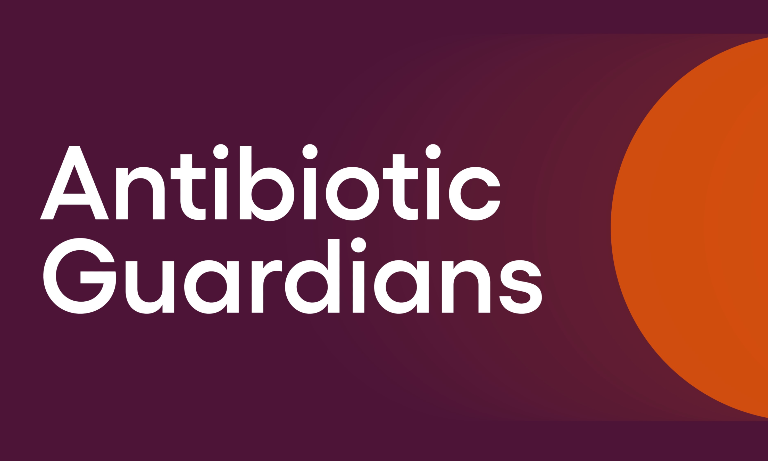Standing up for the veterinary profession
08 Aug 2024
20 Nov 2024 | Tim Nuttall
Professor Tim Nuttall, Education Clinical Lead for RCVS Knowledge, discusses the importance of responsible antibiotic use and why it's up to us to manage our prescribing behaviours.

Antibiotics are lifesavers and much of modern human and veterinary healthcare would be impossible without them. Cancer care, intensive care, delivery of premature babies, organ transplants, and orthopaedic and other complex operations are just some of the procedures that are made possible by antibiotics. Antimicrobial resistance (AMR) is a threat to this – few new antibiotics have been discovered in the last 50 years and none of these are licensed for animals.
We must therefore exercise antimicrobial stewardship (AMS) to preserve their efficacy for the future. This concept is not new. As early as 1945 Sir Alexander Fleming recognised this, stating that “the thoughtless person playing with penicillin is morally responsible for the death of the patient who finally succumbs to infection with the penicillin-resistant organism”.
Every time we use an antibiotic, we select for resistance. We are not aiming for zero use – antibiotics are essential - but their use has consequences and therefore must be justified. In particular, we must avoid unnecessary or “just in case” use. Effective AMS requires us to diagnose a bacterial infection, select the most appropriate antibiotic, treat to clinical cure, and then manage the underlying causes to prevent relapses.
This approach is more difficult – it takes time and training to change veterinary and animal owner behaviour. Recognising this, RCVS Knowledge has created an AMR Hub with links to a wide range of resources to support education and behaviour change in AMR and AMS. The RCVS Knowledge Learn Platform provides free AMR courses for veterinary team members to become Antibiotic Guardians, to empower them to make informed decisions on prescribing and give them the confidence to change prescribing cultures.
What is an Antibiotic Guardian?
An Antibiotic Guardian is someone who can lead their teams on responsible use of antibiotics and champion positive culture change. They can guide their colleagues to ensure a consistent team approach to prescribing behaviours and educate clients on the significance of AMR.
How do you get involved?
To become an Antibiotic Guardian, all you need to do is complete a series of online modules (for companion animal and equine) on the free RCVS Knowledge Learn platform. These modules have been developed by experts in medicine, surgery, infection control, nursing, microbiology, pharmacology, client education, and communication. The content is up-to-date, evidence-based, peer-reviewed, and practical. There’s over 20 hours of training, using webinars, podcasts, guidelines and other material in accessible bite-sized chunks.
Users on the companion animal and equine course can train up to four levels: Bronze, Silver, Gold and Platinum to be recognised as Antibiotic Guardians. The campaign challenges every practice to have at least one Gold Antibiotic Guardian in their team. Gold can be awarded in one of three categories:
However, successful AMS must involve the whole practice team, and the courses have something for everyone – vets, nurses, reception teams, and practice managers. Critically, the training also enables the whole veterinary team to engage with their animal owning communities to build trust and promote responsible antibiotic use.
We have the privilege to prescribe antibiotics, but with that comes great responsibility to use them wisely. When it comes to antimicrobial resistance, like other global issues such as climate change or biodiversity loss, we won’t get a second chance. EO Wilson stated “we have one planet and one experiment”. We may not have the full evidence on the impact of antimicrobial resistance, but by the time we have this, it may be too late. Are we willing to take the risk? Don’t wait. Take action now and sign up to become an Antibiotic Guardian.
Get tailored news in your inbox and online, plus access to our journals, resources and support services, join the BVA.
Join Us Today